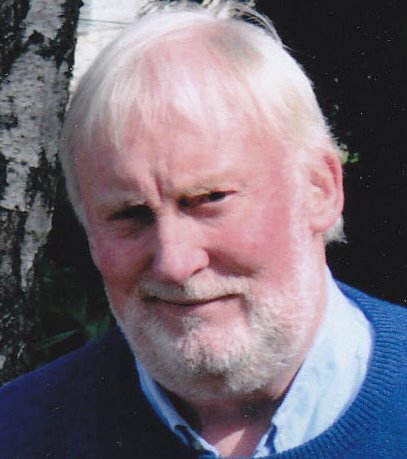 Heard on BBC Radio Scotland this week:
Heard on BBC Radio Scotland this week:
“A horse walks into a pub.
‘Sorry. You’re too late,’ says the barman, ‘We’re making jokes about the Pope now.’
‘He’s quite right,’ says Richard 111.”
Headlines are well named as such because they are often “lines that remain in the head” and not just because of their role as the header for a newspaper or website. It is a comment on the speed with which headlines change that six months from now we may have forgotten three things that seem significant today:
1. why we might do well to pause before biting into that burger
2. why the Roman Catholic church made history one cold, rainy February day
3. why the large, white “P” on a blue background in the car park might actually stand for “Plantagenet” rather than “Parking”.
Some headlines may be destined to remain with us for a long time this year, however – the economy, Syria, Africa and compassion (or lack of it) in the NHS, perhaps.
Friends of mine – retired medical professionals – have recently returned from a visit to Nepal where, apart from trekking, they spent some time at a leprosy hospital. Before they departed from the UK, they had raised several thousand pounds from our generous local community here on Deeside. These funds would apparently be enough to enable that hospital to function effectively for six months.
Amongst the photos they brought back home was one of a hand-written notice, a kind of “mission statement”, I suppose, from the hospital, which said something like this (I paraphrase and summarise) “The patient is the most important person in this building. It is the patient who provides us with the opportunity to serve”. A doctor or nurse here in the UK in the middle of a long hard shift on a rainy February afternoon might understandably want to scream at such sentiments; but it is almost certainly these beliefs that brought them into their profession in the first place.
In the light of recent events such thoughts might not be so bad as “lines that remain in the head” for our NHS as a whole.
